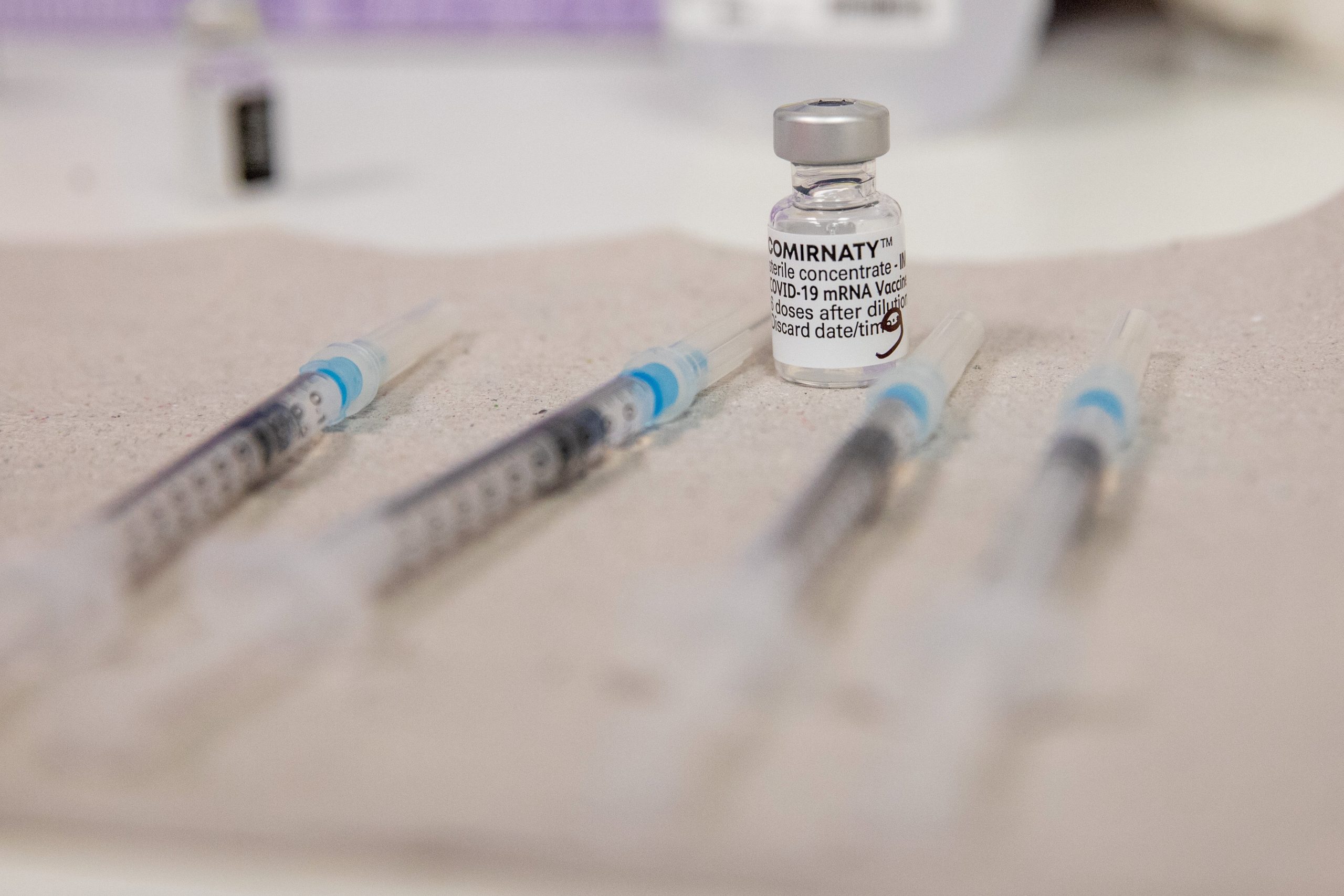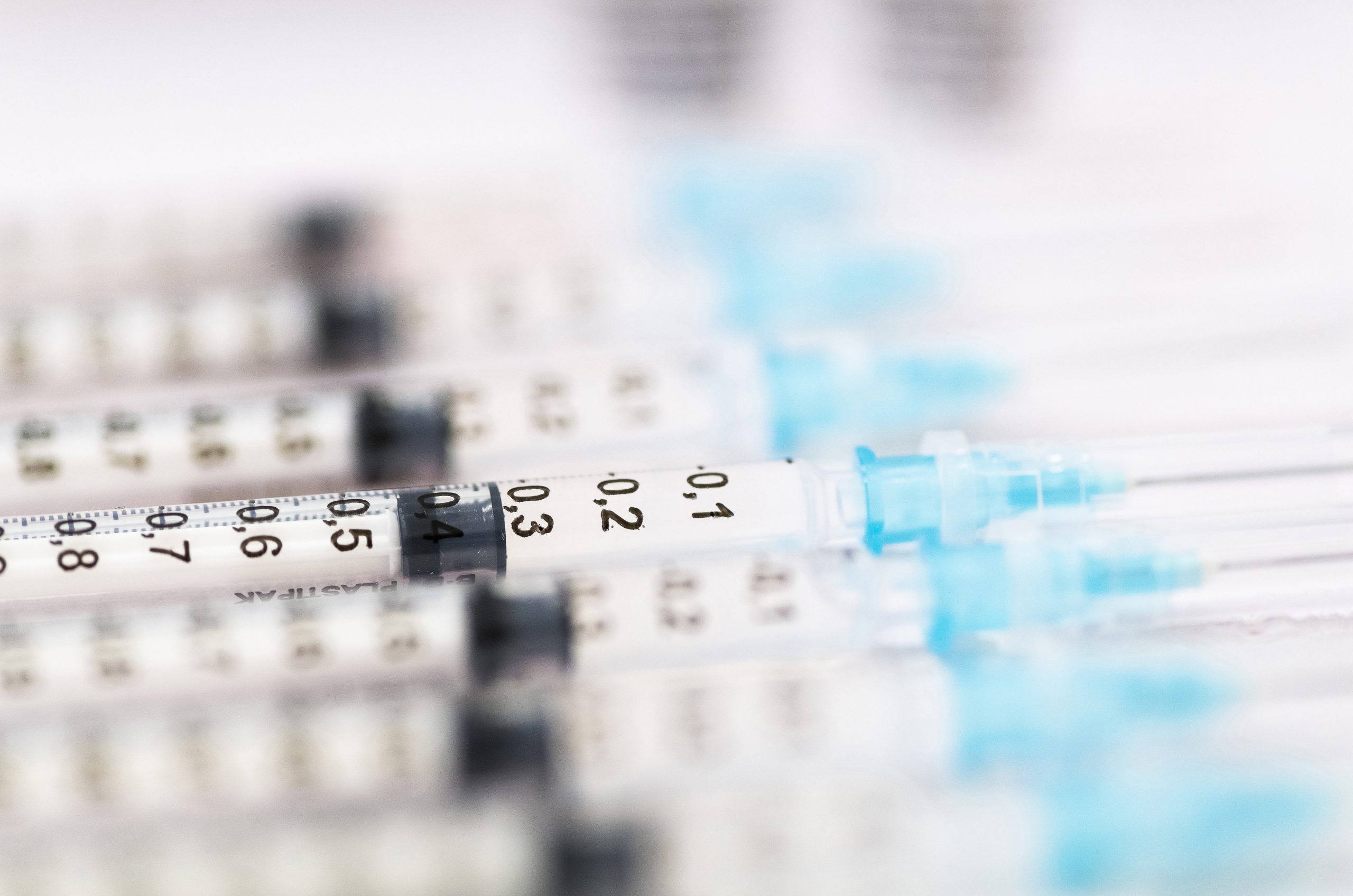
Most of Hungary's healthcare professionals view the summer as an opportunity to build up immunity before Covid returns in the Fall.Continue reading

There is no denying that the Delta variant of the coronavirus is a noticeable threat in Europe, and while it has not had a severe impact on Hungary, the chances of it infiltrating the Carpathian Basin cannot be ignored. Certain countries, such as the United Kingdom, have begun introducing third vaccinations to help give people a greater immunity against this stronger version of the virus. Still, the Hungarian government believes a clear position from vaccine manufacturers is necessary before administering more than two jabs.
In his weekly interview with Kossuth Rádió last Friday, Prime Minister Viktor Orbán said that for now, Hungary is abstaining from administering third vaccinations, since there is not enough information to accurately measure their impact.
The prime minister emphasized that as long as there is no clear consensus on third vaccinations from professionals and vaccine manufacturers, Hungary needs to be careful.
We are constantly listening to the opinions of the vaccine manufacturers, and for now they are not completely clear. It is possible that the time of the third vaccination will come, the situation is uncertain, and we need to be patient.”
The coronavirus operative board has already announced that if it is necessary, they are ready to begin administering third vaccinations. But countries around the world have already begun employing the so-called ‘booster shot’ for various reasons.
The United Arab Emirates, where Sinopharm was the only available vaccine until the end of April, issued warnings in March saying that the Chinese vaccine does not develop antibodies in every case. By May they had begun administering third jabs with Pfizer. Some people even attempted to access fourth vaccinations, but regional professionals saw this as a health risk.
Russia is the only country in the world administering booster shots of Sputnik V, giving cause for third vaccinations with the vaccine, which was developed on Russian soil. However, Alexander Gintsburg, the director of the Gamaleya Research Institute, the company under the purview of the Russian Federation which created the vaccine, has stated that Sputnik is effective for two years after two vaccinations.
The Russian decision to administer third doses could also be affiliated with the breakout of the Delta variant. Only 16 percent of Russians accepted the first jab of the vaccine, and now in their own fourth wave, 20 thousand new infections are registered daily, with hundreds of people succumbing to the virus.
In the United Kingdom, every citizen above the age of 50 will be offered a third dose in the Fall to minimize the spread of the variant, The Times reports. Ideally, the goal is that by then those above 50 will receive a vaccine which is more effective against newer mutations.
The UK has primarily been vaccinating its population with its own vaccine, AstraZeneca, and is one of the most well vaccinated countries in the world. Yet still, the Delta variant has been able to bring a new outbreak of infection throughout the nation.
According to Anthony Fauci, one of the most well-known immunologists in the United States, the US will probably require third vaccinations of Pfizer by the Fall. Fauci says it would be silly not to prepare for such an option.
According to an article published in the peer-reviewed general medical journal The Lancet, a booster shot may be necessary 12 months after a second inoculation with Pfizer. The third shot would be especially important for those chronically ill, as well as elderly people, who are the most vulnerable to the virus.
The head of the company says the third dose significantly boosts the body’s immune response, leading to antibody levels 10-20 times higher.
Some recent findings about Pfizer-BioNTech’s vaccine, however, should also be noted. According to the Ministry of Health of Israel, the vaccine is not as effective against the Delta variant as it is towards the original strain. While it was found to be 94.3 percent effective against the original Covid-19 strain, it was only found to be 64 percent effective against the variant.
Regardless, the study found that the vaccine continues to be effective in preventing severe affliction, and vaccinated people are known to recover from the illness with minimal symptoms.
Third vaccinations with AstraZeneca may not be out of question either, especially considering that the UK is already preparing to administer them. Popular Hungarian virologist and supporter of third vaccinations Miklós Rusvai accused the British vaccine, similarly to the way he did the Chinese vaccine, of not developing antibodies in 15-20 percent of those who were vaccinated.
There has been no official data proving Rusvai’s statement, and the company’s Hungarian representative body even responded that “we know from real life data that the AstraZeneca vaccine provides a high level of immunity against both Alpha (formerly UK) and the Delta (formerly Indian) variants.”
The need for a third vaccination with Sinopharm, based off recent information and the actions of the UAE, seems to be the most urgent. Many people in Hungary, primarily the elderly, are reporting a lack of antibodies after being vaccinated with Sinopharm. A Facebook group has even been created for such people, now hosting 6.4 thousand members.
19 thousand free antibody tests have been offered by the Municipality of Budapest, which will hopefully help determine the need for a third vaccination based off antibody levels. Furthermore, the Hungarian government has initiated large-scale testing of all vaccines currently being administered in Hungary. Those results should also help determine whether more vaccinations are needed.
There is increasing evidence of the Delta variant spreading throughout Europe, even in countries with high vaccination rates like the United Kingdom. According to the World Health Organization, these outbreaks are related to the European Football Championship bringing people to stadiums where the risks are higher.
Hungary’s vaccination rate is slowing down, with the number of those who have received their first vaccination currently appearing to almost level out around 67.4 percent of the adult population. While there is no immediate danger, third vaccinations for those who want them or for those who do not have antibodies could end up saving many lives in a potential future outbreak.
Featured photo illustration by Attila Balázs/MTI